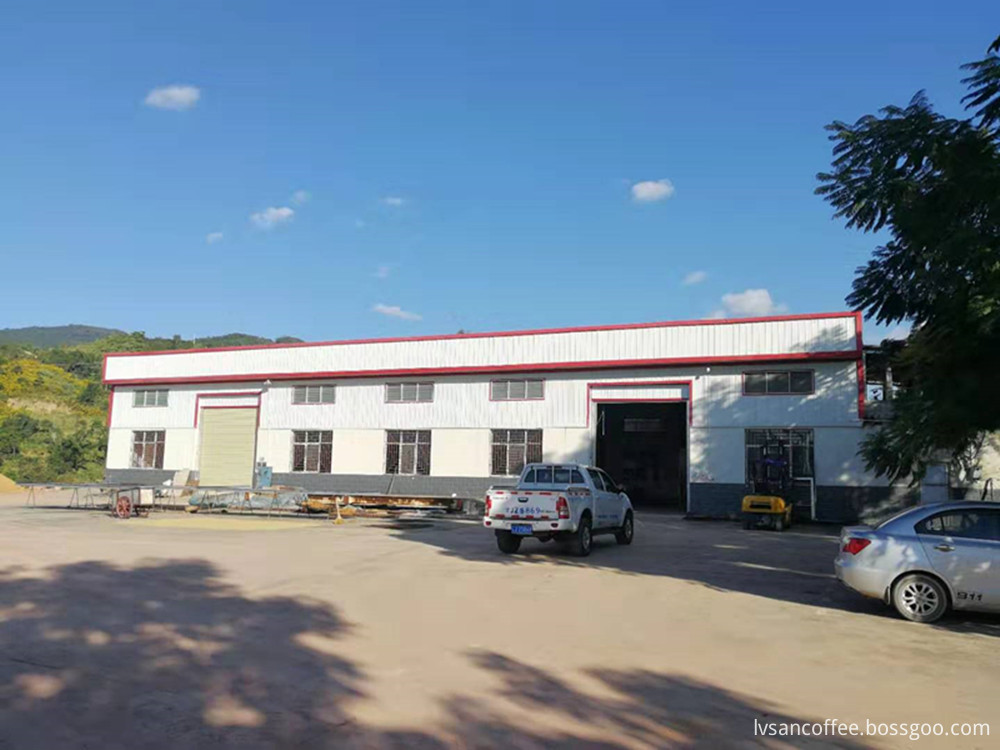Some fruit growers, after defoliating the fruit trees, directly cover the fruit trees with the leaves, allowing the leaves to rot and decompose naturally. This method of deciduous trees returning to the garden is not desirable. Because there are many kinds of pests hidden in the fallen leaves of fruit trees, this direct return to the park provides the conditions for safe wintering for pests, thus spreading pests and diseases. However, the use of deciduous trees to return parks, as long as the proper methods, can not only clean up the orchard health, improve soil physicochemical properties, increase soil fertility, but also reduce overwintering insect sources, is an effective management measures. The specific method of operation is:
1. After collecting the deciduous fruit trees, the fallen leaves will be collected together with the weeds in the park and put together.
2. Before brewing fermentation, the leaves should be sprayed with 40% Dimethoate EC 800 times, or 80% dichlorvos EC 400-500 times, or 20% fenvalerate EC 500-600 times. After the application, mix well and compost for 3-5 days. This will kill the hidden insects and eggs. Then, the deciduous and farmyard fertilizers were concentrated and fermented in a ratio of 1 to 1, fully decomposed. If a small amount of superphosphate is added during tanning, the effect is better and the fertilizer efficiency is higher.
Third, the returning garden method combines orchard ploughing the soil, will be a good mixture of fertilizer defoliation, manure fertilizer, open radial groove or ring groove, depth of 60 cm. According to the experiment, deeper application than shallow application is effective without cutting the roots of fruit trees.
Fourth, after the return of the defoliation garden to the park, in case of dry weather, it is necessary to timely fill the water around the tree tray and use it as a straw to cover the tree.
China Green Coffee Beans
flavor: mellow and balanced, with fruit acid flavor, nuts, honey, chocolate, citrus;
Variety:Aribica
processing method: washing;
water content: less than 12%;
packaging: 60kg / bag

In 1892, French missionary father Tian Daneng preached in Dali, Yunnan Province, China. In order to drink coffee, he taught local villagers to grow and drink coffee. Up to now, coffee has been planted in Yunnan Province of China for more than 100 years, with an area of 120000 mu. Most of the varieties planted in Yunnan are ccatimor, with an altitude of 1000-1500m, The coffee produced in Yunnan has a balanced taste, rich nut and citrus flavor, some of which are very sweet, with obvious taste of chocolate, toffee and maple sugar. It is one of the high-quality coffee producing areas. Our coffee is produced at the junction of Puer and Burma - the Myitkyina original jungle beans at 1500-1750, with a rich flavor, high aroma and high sweetness. The 2019 international coffee cup Masters Tournament (China finals) is sponsored by beans.
Green Coffee Beans,Unroasted Coffee Beans,Organic Green Coffee Beans,Freshly Roasted Coffee Beans
Yunnan New Biology Culture Co,.Ltd , https://www.lvsancoffee.com